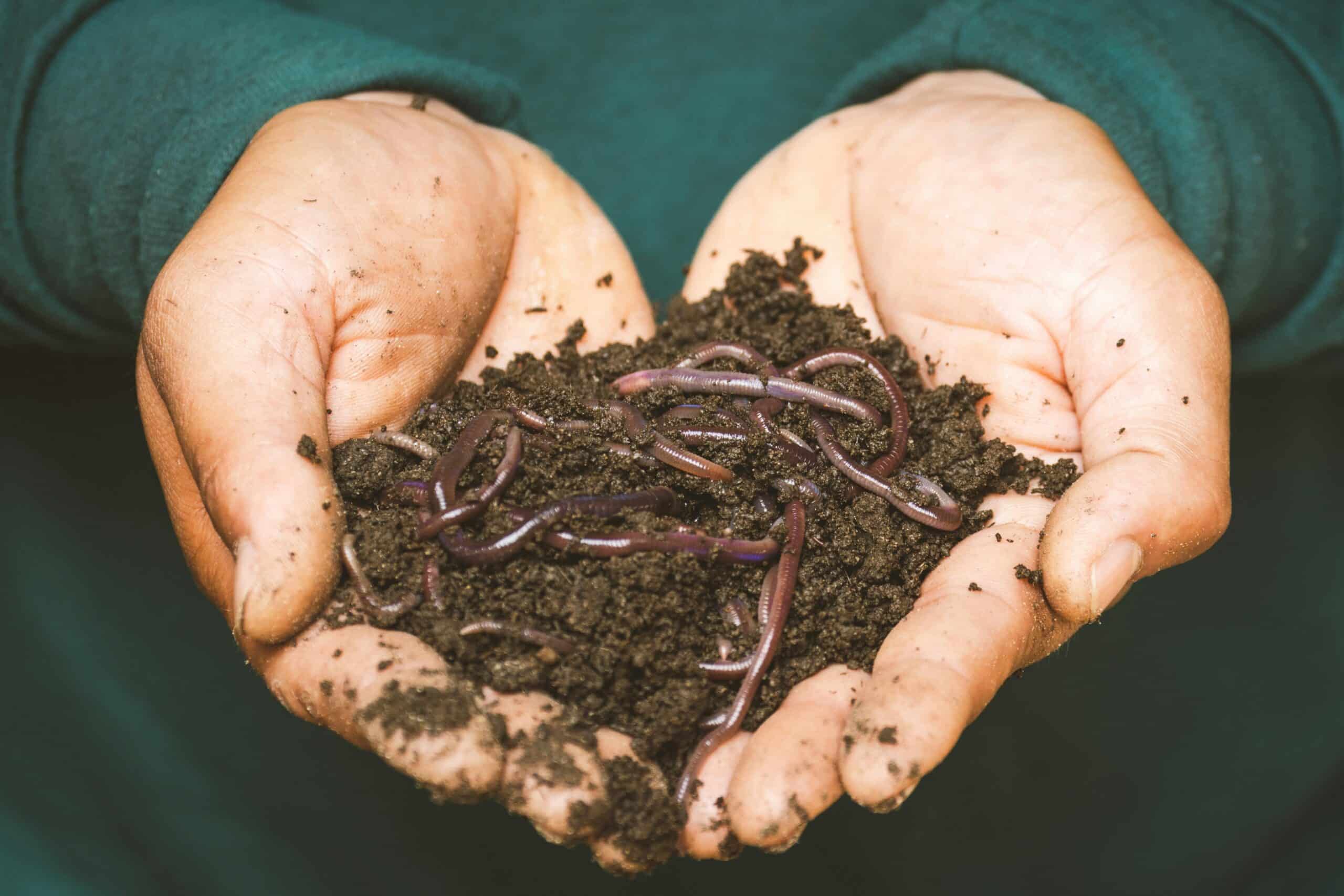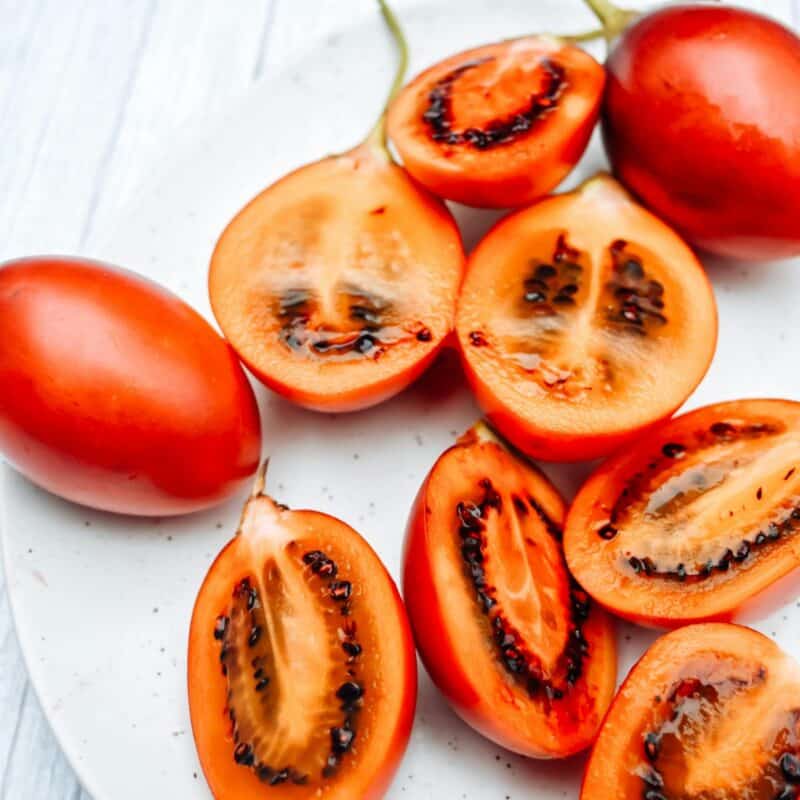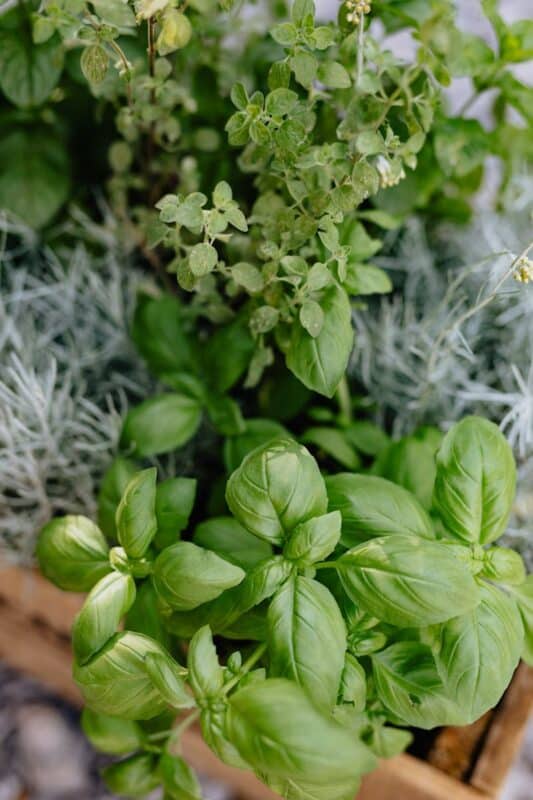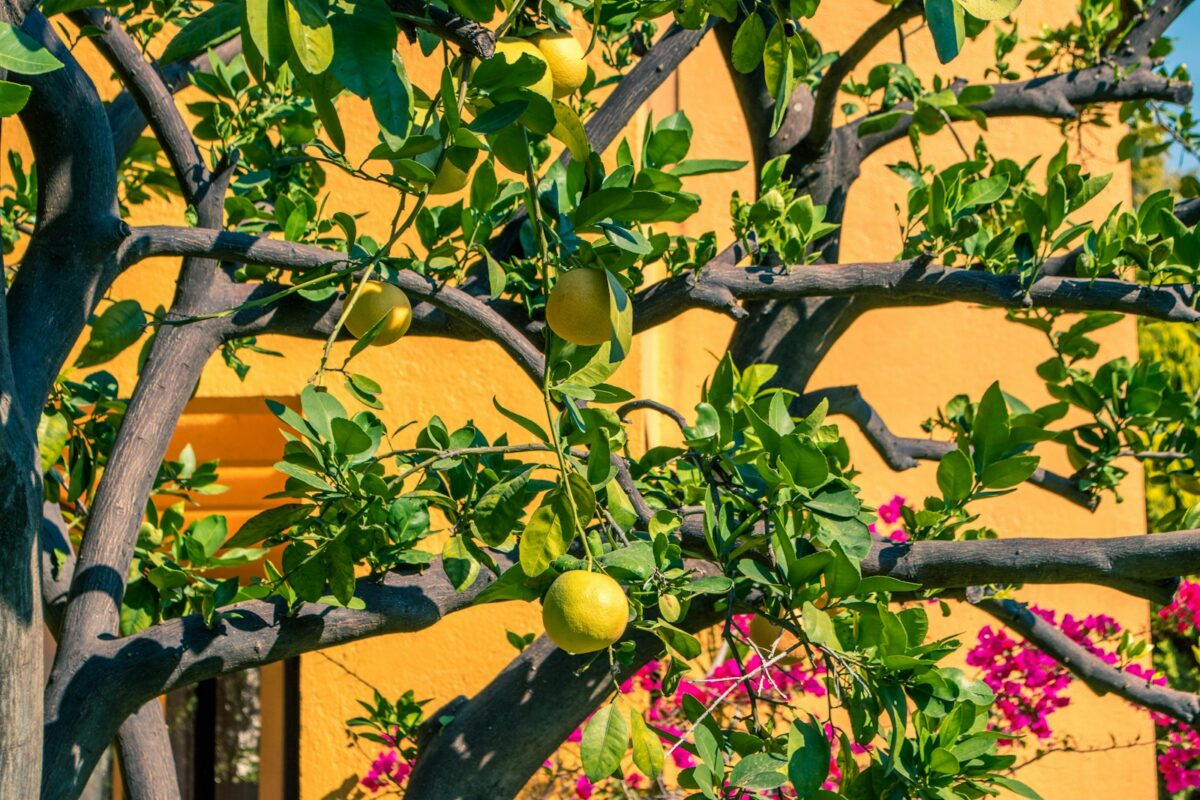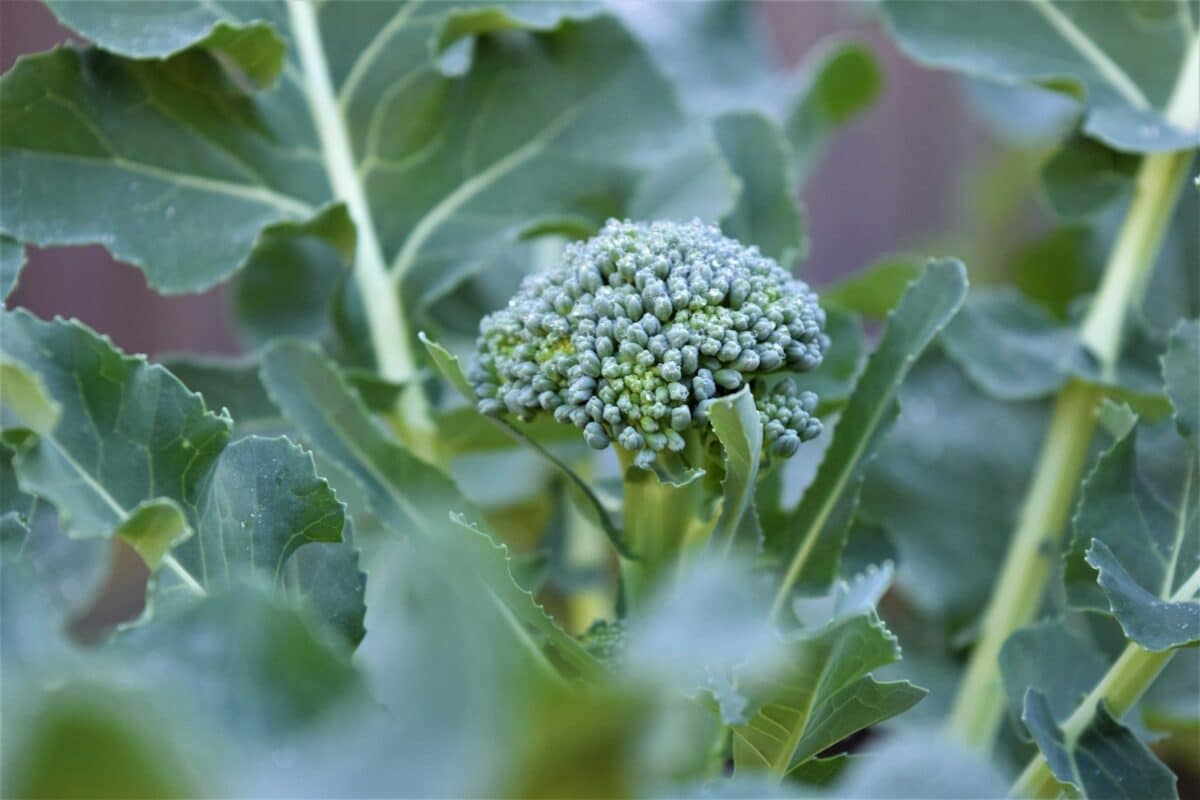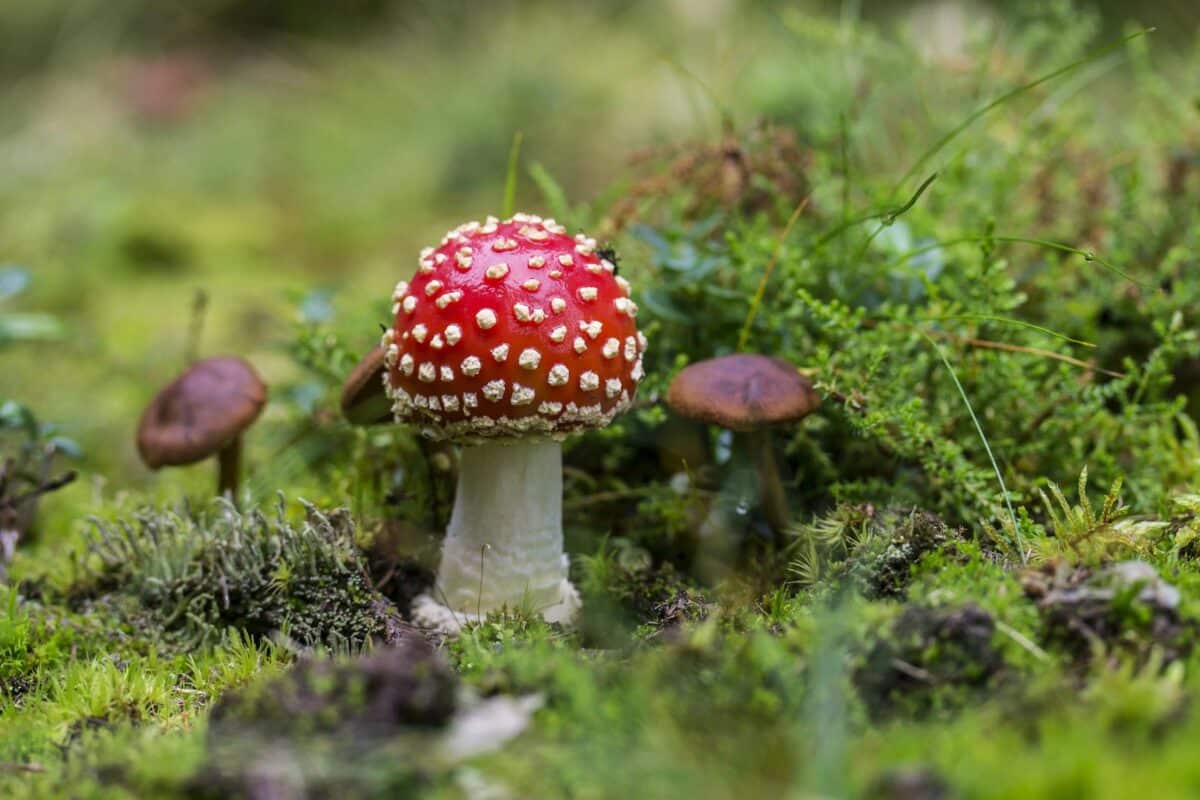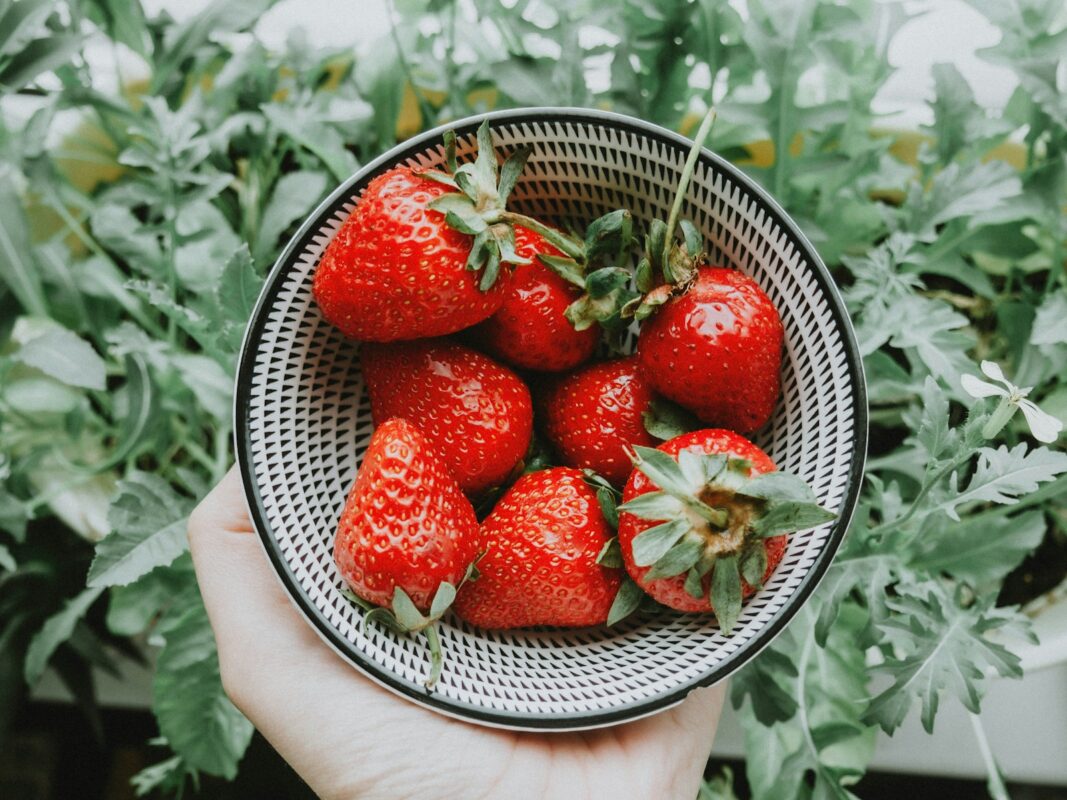-
Troppo Plant & Garden Articles
- Te Puke Region
- TROPPO’s Food Forest in Te Puke, BOP (www,foodforest.org.nz)
- Troppo’s Plant Collection
- TROPPO's Nursery Directory
- Food Forests of New Zealand (www.foodforests.nz)
- Nursery Map - Plant Suppliers of NZ Directory (www.nurserymap.nz)
- Kids Garden Corner
- New Zealand Garden Bird Survey
- New Zealand Garden Groups
- Delicious Recipes
How do I move worms in a worm farm?
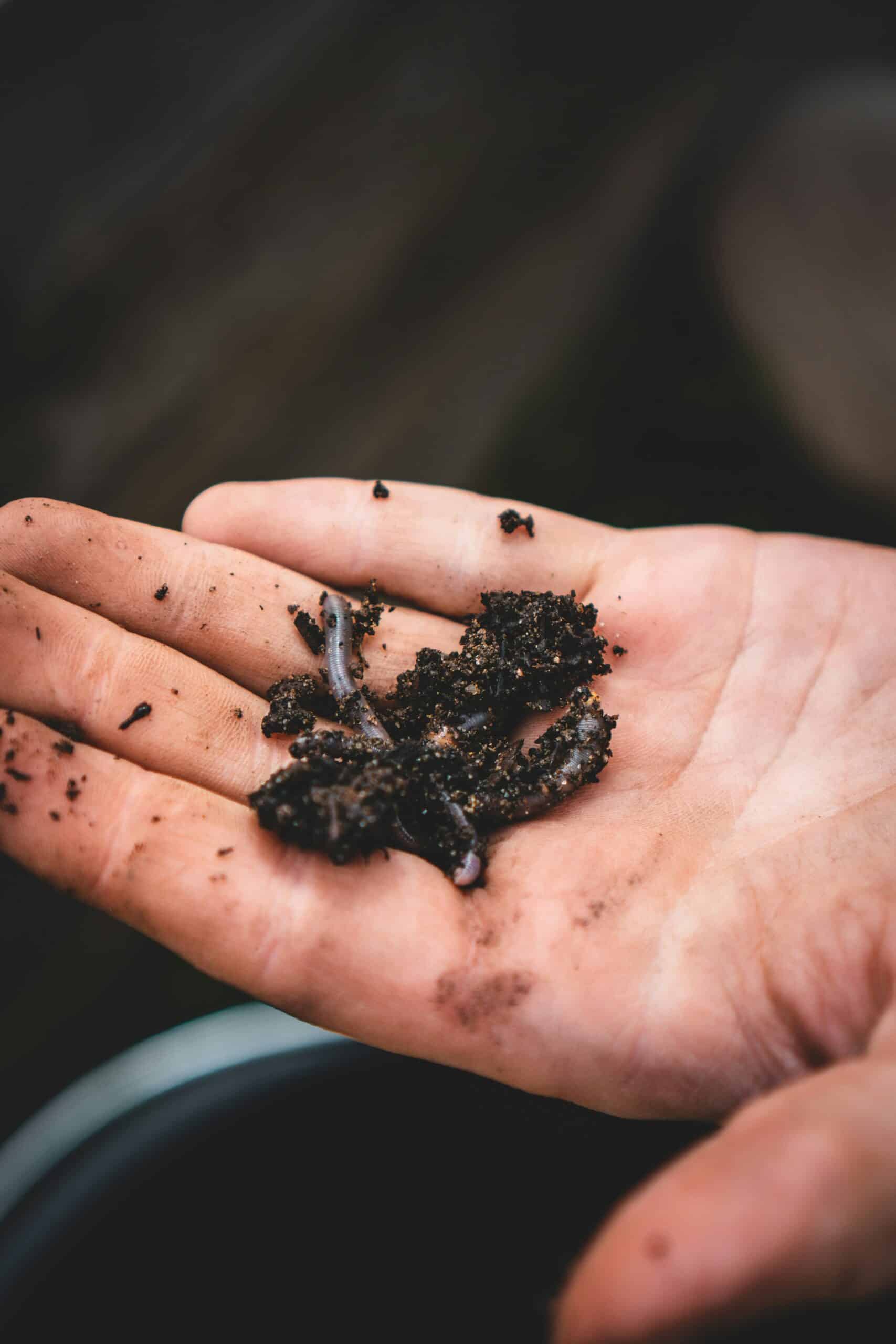
Question. Hi, I have had a worm farm for about 11 months. Is it safe to transfer the compost and worms to my garden? I understood these tiger worms are not the same as wild worms? There is no way of separating the worms from the composted material. Is it safe to introduce them into my garden?
Answer.
Hi there! It’s fantastic to hear that you’ve been maintaining a worm farm for nearly a year. Worm farms are an excellent way to recycle kitchen scraps and produce nutrient-rich compost, and it’s perfectly understandable to wonder about the safety and implications of transferring both the compost and the worms to your garden.
The Difference Between Tiger Worms and Wild Worms
First, let’s address your question about tiger worms. Tiger worms (also known as red wigglers or Eisenia fetida) are different from the earthworms you typically find in garden soil. They are specifically bred for composting and are highly efficient at breaking down organic matter. Unlike wild worms, tiger worms thrive in the rich, moist environment of a compost bin rather than typical garden soil.
Transferring Compost and Worms: Is It Safe?
Transferring the compost and worms from your worm farm to your garden is generally safe and can be very beneficial. Here are a few points to consider:
- Nutrient-Rich Compost: The compost produced by your worm farm is packed with nutrients and beneficial microbes that can greatly enhance soil health and plant growth in your garden.
- Worms in the Garden: While tiger worms are not native to garden soil, they won’t harm your garden if transferred. They may not thrive as they do in the compost bin, but they will contribute to breaking down organic matter and improving soil structure until they find a more suitable environment.
- Separation Concerns: Since it’s challenging to separate the worms from the compost, you can simply spread the compost with the worms included. Any worms that do not adapt to the garden soil conditions will either migrate or perish without negatively impacting your garden ecosystem.
Steps to Safely Transfer Compost and Worms
- Prepare the Garden Area: Choose a garden bed or area that will benefit from the nutrient boost and ensure the soil is moist and well-aerated.
- Spread the Compost: Evenly spread the compost over the garden soil. You can mix it into the top few inches of soil or use it as a top dressing around plants.
- Monitor the Area: After transferring, keep an eye on the garden area to ensure the compost is well-integrated and the plants respond positively. Water the area to help the compost settle and the nutrients to distribute.
Conclusion
In conclusion, transferring your worm farm compost along with the worms to your garden is safe and beneficial. While tiger worms may not become permanent residents in your garden soil, they will contribute to improving soil health in the short term. Your garden will reap the benefits of the rich compost, resulting in healthier, more productive plants.
Happy gardening, and keep up the excellent work with your worm farm!
